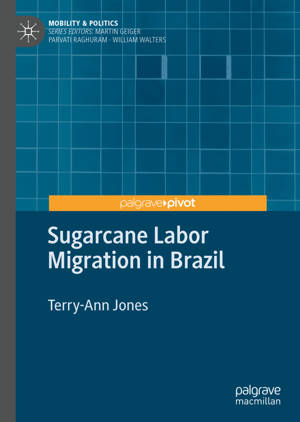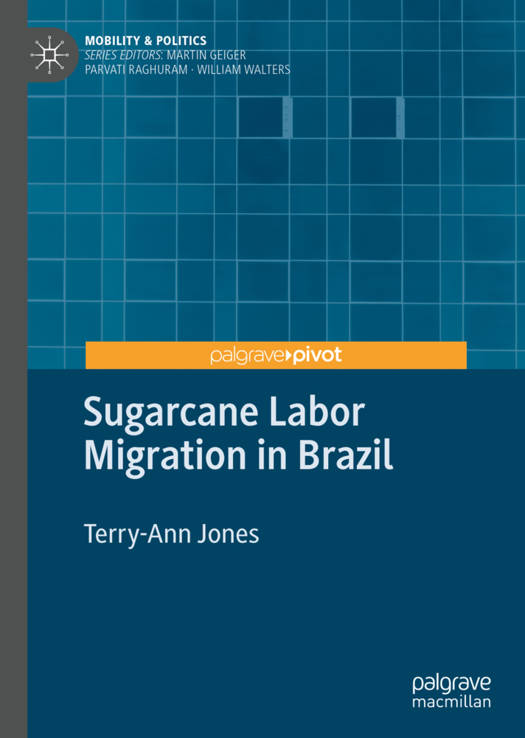
- Afhalen na 1 uur in een winkel met voorraad
- Gratis thuislevering in België vanaf € 30
- Ruim aanbod met 7 miljoen producten
- Afhalen na 1 uur in een winkel met voorraad
- Gratis thuislevering in België vanaf € 30
- Ruim aanbod met 7 miljoen producten
Zoeken
€ 69,45
+ 138 punten
Uitvoering
Omschrijving
This book examines the experiences of seasonal, migrant sugarcane workers in Brazil, analyzing the deep-seated inequalities pervasive in contemporary Brazil. Education, employment, income, health, and relative political power are forefront in this study of the living and working conditions of the transient population. Based on ten years of qualitative research dominated by in-depth interviews with migrant sugarcane workers, this project argues that the ills of the sugarcane industry are symptomatic of an overarching problem of unequal access to opportunities by all Brazilian citizens. The project is unique in its use of a single industry as an expression of the multifarious problems of socioeconomic, regional, and racial inequality. The author explores details of the labor migration experience with a central premise that the conditions are not a direct outcome of the industry, but rather a manifestation of fundamental inequalities rooted in Brazil's colonial history.
Specificaties
Betrokkenen
- Auteur(s):
- Uitgeverij:
Inhoud
- Aantal bladzijden:
- 116
- Taal:
- Engels
- Reeks:
Eigenschappen
- Productcode (EAN):
- 9783030356705
- Verschijningsdatum:
- 14/02/2020
- Uitvoering:
- Hardcover
- Formaat:
- Genaaid
- Afmetingen:
- 148 mm x 210 mm
- Gewicht:
- 362 g

Alleen bij Standaard Boekhandel
+ 138 punten op je klantenkaart van Standaard Boekhandel
Beoordelingen
We publiceren alleen reviews die voldoen aan de voorwaarden voor reviews. Bekijk onze voorwaarden voor reviews.







